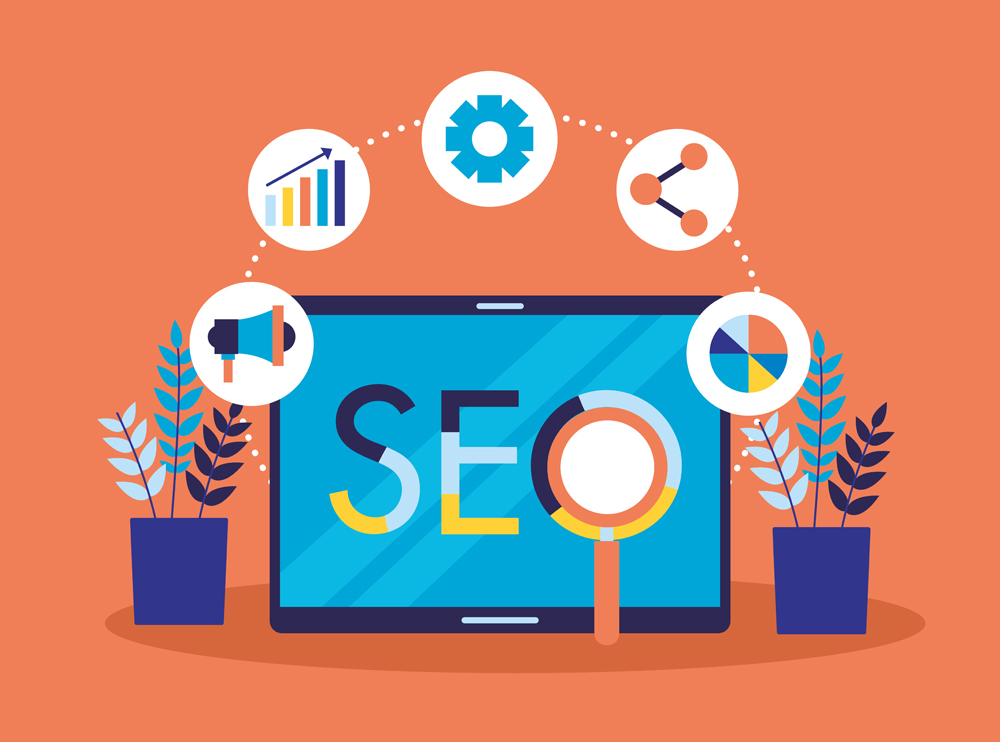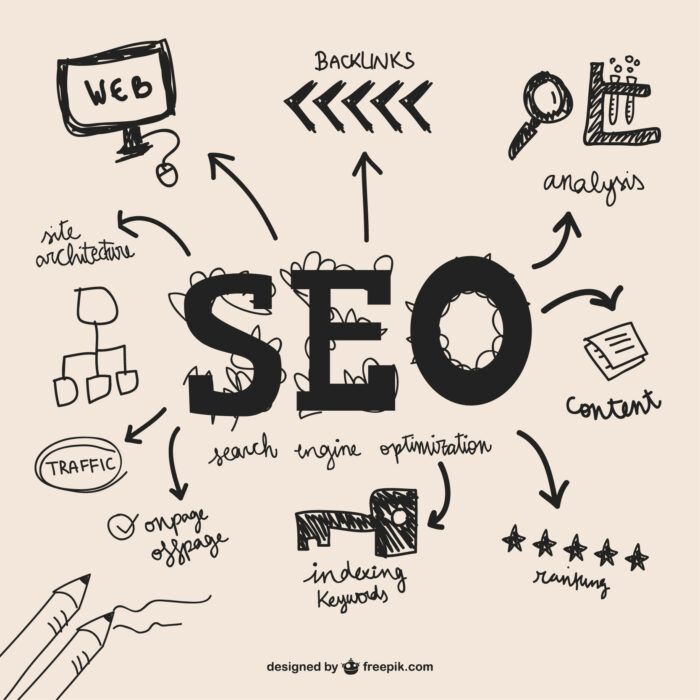
10 SEO Tips For Small Business Owners. You know how important it is to have a strong online presence if you run a small business. And SEO, or search engine optimization, is one of the most important things that can affect how well you do online. SEO is the process of making your website and its content better so that they show up higher on search engine results pages like Google. But because there are so many things to think about, SEO can be hard for small business owners who don’t have the time, money, or knowledge to put into it. So, we’ve put together these 10 SEO tips for small business owners to help you improve your online visibility, get more people to visit your website, and grow your business.
Before you start optimising your website, you need to find out what words and phrases your target audience is using to look for your products or services. Use keyword research tools like Google Keyword Planner, SEMrush, or Ahrefs to find high-volume, relevant keywords that you can use to optimise your content and website.
The structure of your website is a very important part of SEO. Make sure your website is easy to use by having a clear page hierarchy, URLs that are easy to understand, and a well-organized menu. This will make it easier for search engines to crawl and index your website and for people to find the information they need.
Content is one of the most important parts of SEO. Make content that is high-quality, useful, and informative for your audience. Make sure that your content has the right headings, meta tags, and internal links for the keywords you want to use. Don’t forget to add pictures, videos, or other types of media to your content to make it more interesting.

Page speed is important for both user experience and search engine optimization. Make sure your website loads quickly on both computers and phones. Use tools like Google PageSpeed Insights or GTmetrix to find slow spots on your website and fix them.
More and more people access the internet on their phones, so it’s important to have a responsive design. Make sure that your website works well on different screen sizes and devices. It should have a layout that works well on mobile devices, buttons that are easy to tap, and pages that load quickly.
Backlinks are links from other websites to yours. They are important for SEO because they tell search engines that your website is a reliable source of information. Build high-quality backlinks by making content that people will want to share, guest posting on relevant websites, or reaching out to people with a lot of influence in your field.
Social media can be a powerful tool to help your SEO. Share your content on social media sites like Facebook, Twitter, and LinkedIn to get more people to visit your website and raise the visibility of your brand. Social signals like likes, shares, and comments can also have an effect on how well you rank in search engines.
If you have a local business, you need to improve your local SEO. Make sure that your business’s name, address, and phone number (NAP) are on every page of your website and that your NAP information is the same in all online directories and listings. Use local keywords in your content and meta tags, and ask your customers to leave reviews on Google My Business or other review sites.

You need to keep an eye on your website’s analytics on a regular basis to measure your SEO success and find places to improve. Use tools like Google Analytics or SEMrush to track how many people visit your website, how they use it, how many of them convert, and other metrics. Use this information to make changes to your SEO strategy and improve the performance of your website.
SEO is always changing, so what worked yesterday might not work today. That’s why it’s important to keep up with the latest SEO trends, best practises, and algorithm updates.
Follow SEO blogs and forums that are known to be good, go to industry conferences and events, and talk to other small business owners who have done well with SEO to learn from them.
Keep in mind that SEO is not a one-time fix, but a process that needs to be worked on and checked on all the time. But it doesn’t have to be hard, especially for small business owners who don’t have a lot of money.
Focusing on the basics of SEO and sticking to your plan will help you get better results than your competitors and beat them.

*Use header tags (H1, H2, H3) to organise your content and make it easier for users and search engines to read and understand.
* Add alt tags to your images with keywords that describe the image’s content and what it is.
* Duplicate content on your website can make search engines confused and hurt your rankings. You can send duplicate content back to the original page by using canonical tags or 301 redirects.
* Make a sitemap for your website and send it to Google Search Console or other search engine webmaster tools to help search engines crawl and index your website more efficiently.
* Use internal links to connect your site’s pages and make it easier for users and search engines to find their way around.
In conclusion, SEO can be a powerful way for small businesses to market themselves, but it needs to be done in a strategic and consistent way. By using these tips, you can boost the visibility of your website, get more people to visit it, and grow your business. Keep in mind that SEO is a long-term investment, and it may take some time to see results, so be patient and keep at it.
We would love to work with you on your next project or breathe new life into an existing one. Speak to our experts today!
Contact us